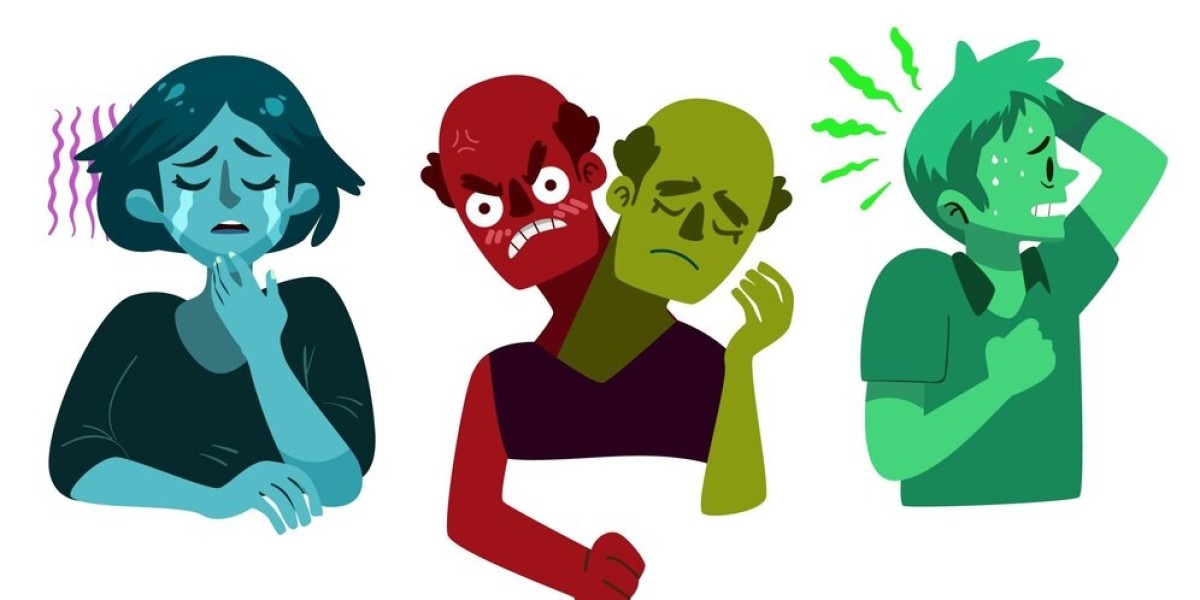In today’s fast-paced world, it’s easy to ignore what’s going on inside us. But just like physical wounds, emotional pain is real—and it needs attention. At EmotionFit, we believe mental and emotional health is the foundation of a fulfilling life. Understanding emotional pain, where it comes from, and how to cope with it can help you move from merely surviving to truly thriving.
What Is Emotional Pain?
Emotional pain refers to the psychological distress that arises from non-physical sources. It can come from a variety of life experiences, including the loss of a loved one, a breakup, childhood trauma, betrayal, rejection, or persistent stress. The effects may not be visible, but they are deeply felt—often manifesting as sadness, anxiety, guilt, shame, loneliness, or anger.
It’s important to note that emotional pain is not a sign of weakness. In fact, it is part of being human. We all experience it at different points in life. What matters is how we deal with it.
The Impact of Emotional Pain
Untreated emotional pain can affect every aspect of your life. It may disrupt sleep, lower energy levels, and reduce motivation. It can impact your relationships, productivity, and even physical health. Studies have shown that chronic emotional pain is linked to conditions such as heart disease, weakened immunity, and chronic inflammation.
Worse, if ignored, emotional pain can deepen into long-term conditions like depression, anxiety disorders, or emotional numbness. That’s why acknowledging and addressing it is not optional—it’s essential.
How to Cope and Heal
Healing emotional pain takes time and intention. Here are several effective strategies to help you move forward:
1. Acknowledge the Pain
The first step is to recognize and accept your feelings. Suppressing emotional pain won’t make it disappear; it often makes things worse. Allow yourself to feel without judgment. Name the emotions you're experiencing and remind yourself that it’s okay not to be okay.
2. Talk It Out
Talking to someone you trust—a friend, family member, or therapist—can provide relief and perspective. Verbalizing your thoughts often helps you process emotions more effectively and prevents isolation.
3. Practice Self-Compassion
Don’t be too hard on yourself. Many people fall into a cycle of self-blame when dealing with emotional pain. Replace negative self-talk with kindness. Treat yourself the way you would treat someone you love.
4. Engage in Mindfulness and Meditation
Mindfulness helps you stay grounded and reduce the emotional intensity of painful memories or thoughts. Even a few minutes of meditation daily can lower stress and help you reconnect with the present moment.
5. Move Your Body
Exercise is a powerful tool to combat emotional pain. Physical activity releases endorphins, which improve mood and reduce stress. Whether it’s walking, yoga, or dancing, find something you enjoy and make it a routine.
6. Seek Professional Help
If your emotional pain feels overwhelming or persistent, seeking help from a mental health professional can make a significant difference. Therapists can provide coping strategies and guide you through the healing process.
You Are Not Alone
At EmotionFit, we understand how invisible and isolating emotional pain can be. But remember, you don’t have to go through it alone. Everyone’s healing journey is unique, but support, empathy, and self-care can lead the way to emotional resilience.
Give yourself permission to heal. Be patient with your progress. Most of all, never forget that your pain matters—and so do you.








